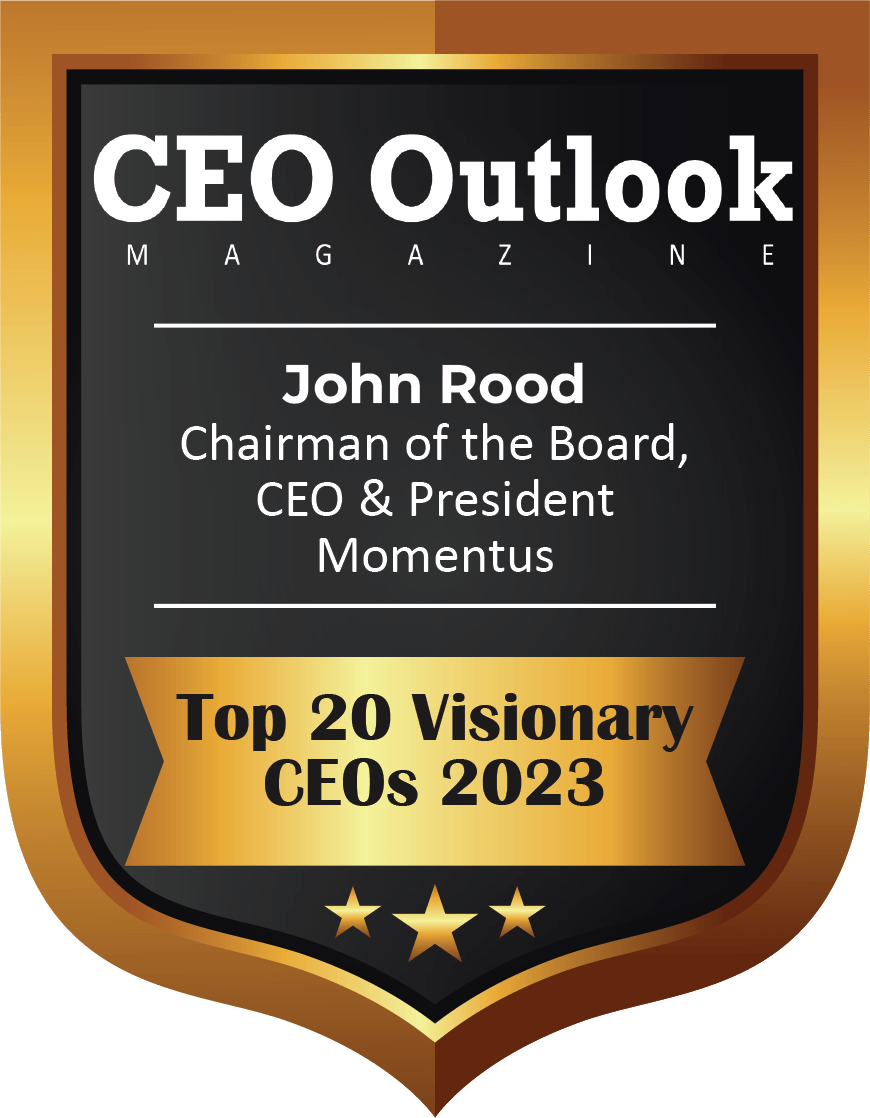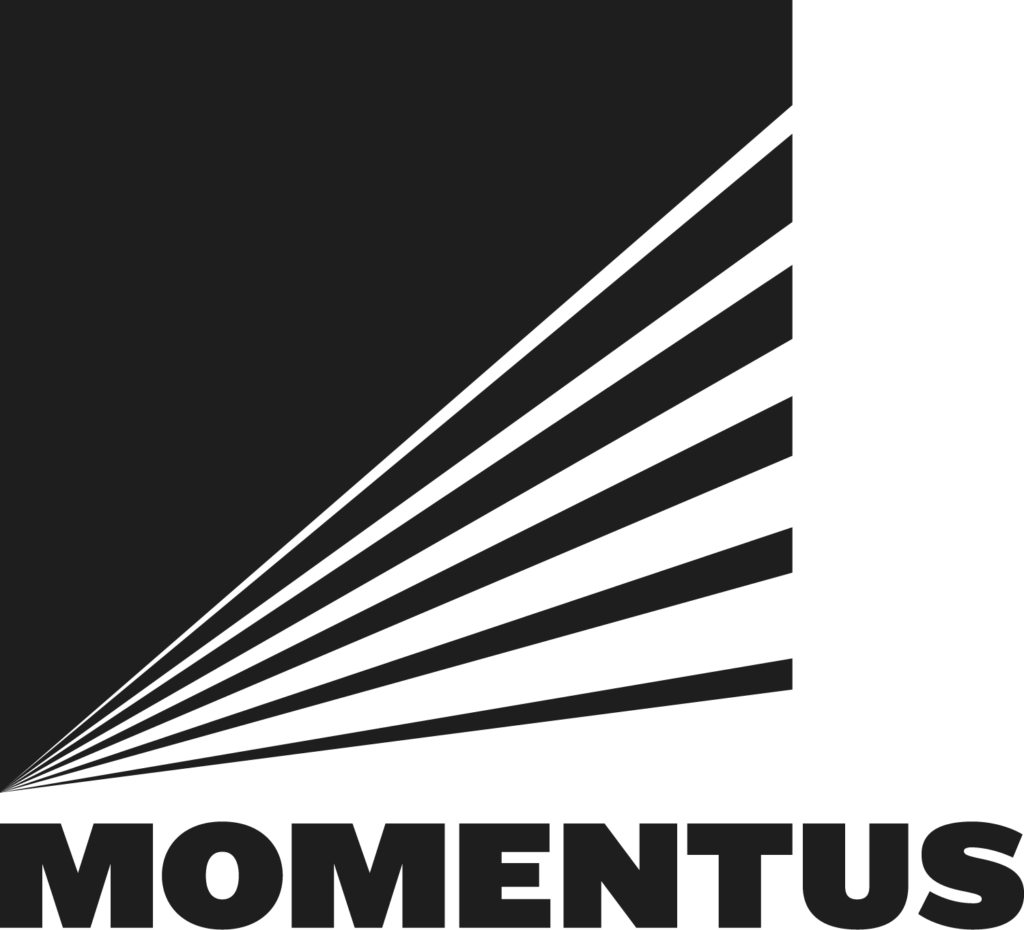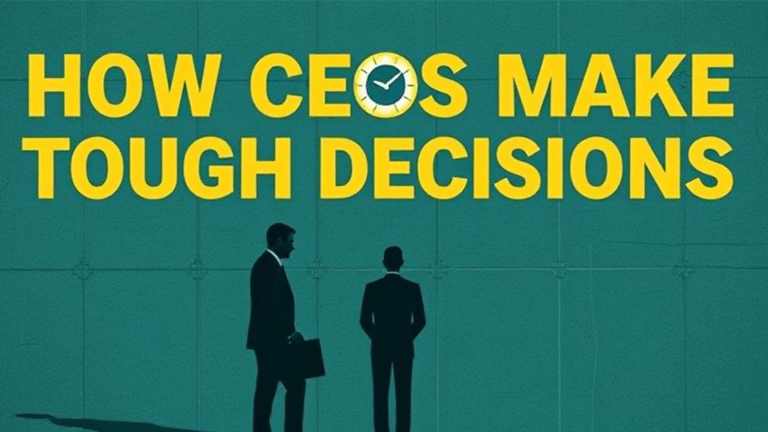John Rood | Chairman of the Board, CEO, & President | Momentus
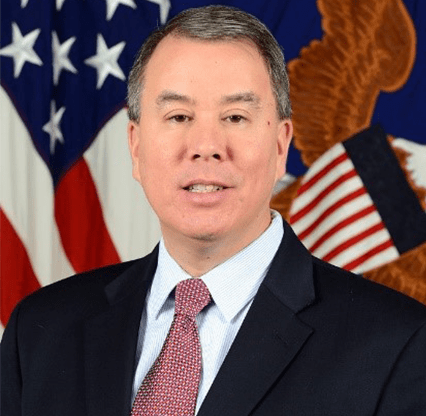
John Rood
Chairman of the Board, CEO, & President
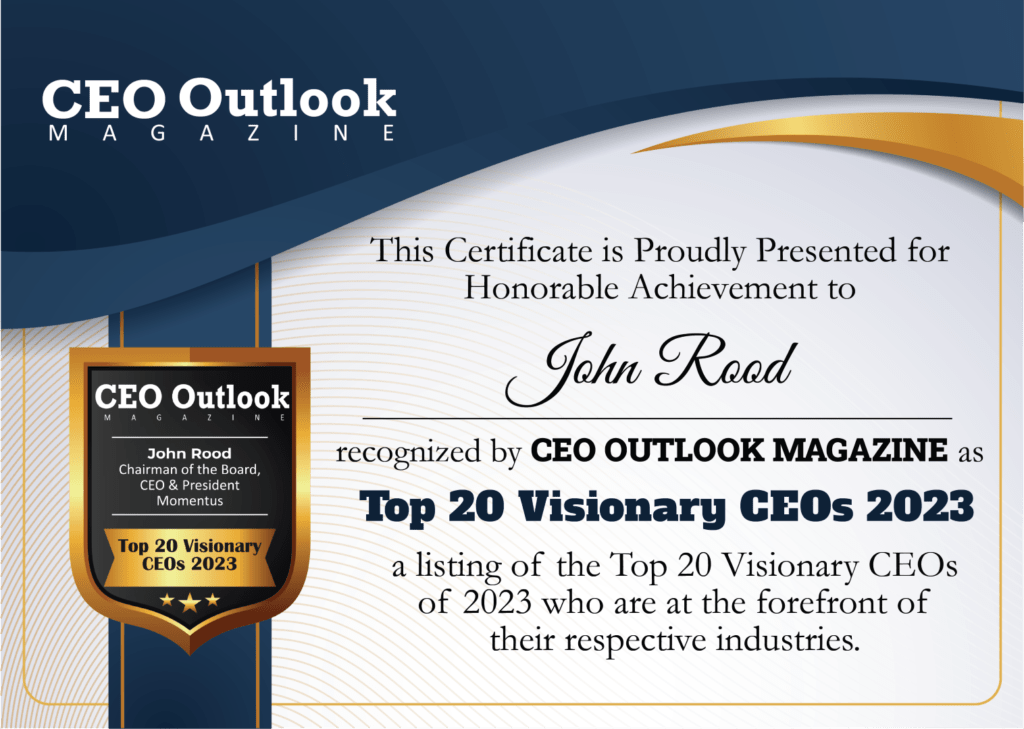
" Achieving a bold vision requires dreaming big and reaching for the stars using a disciplined approach to achieve your goal one step at a time. "
Surging towards Space
The commercialization of space is one of the most exciting opportunities of our time, with growth likely to far outpace that of the broader economy for the foreseeable future. The industry’s megatrends are intersecting in a way that opens access, expands possibilities, and establishes the need for backbone services to enable a more dynamic use of space. Momentus is a U.S. commercial space company that offers in-space infrastructure and logistics services, including transportation of satellites to custom orbits, hosted payloads, and in-orbit services such as servicing and refueling satellites and de-orbit of debris. Momentus believes it can make new ways of operating in space possible with its planned in-space transfer and service vehicles powered by an innovative water plasma-based propulsion system under development.
John Rood, Chairman of the Board, CEO, and President of Momentus, is a driven leader who sets high standards for focus and operational excellence. He believes in reaching for the stars one step at a time with a disciplined approach to maturing the innovative technologies that Momentus has under development to make new ways of operating in space possible.
John is understated, modest, and stresses the need to under-promise and overdeliver – qualities that are a bit unusual in the tech sector, where bold and brash personalities are relatively common. He excels at explaining complex technical concepts in simple ways.
“Many of our customers and industry partners are at a similar stage to our young company. We are working to make new ways of using space possible, so we work with our customers to enable their success with different types of missions, support the new kinds of requirements they have, and find more cost-effective ways of managing risk and achieving performance,” says John. “We use best practices, but we can’t simply do things the same traditional way or our costs will be prohibitive. We also compare notes on how the capital markets are evolving for early-stage tech companies that need to raise capital to fuel their growth plans.”
Being a steadfast leader, John knows that the leader needs to set a strategic direction, set very high standards of excellence, and not accept mediocrity. He advises everyone not to be afraid to challenge the team to do more than they initially think they can and focus resources to make success possible. “Explain the “why” behind what you are asking the team to do. You won’t have all the answers and don’t pretend that you do,” explains John. “By doing your best to surround yourself with the most experienced and talented leadership team you can find, putting them in position to succeed, and listening first and giving direction second, you can do great things together.”
Building A Brand
Innovation is a requirement when anticipating and imagining the future possibilities of the space ecosystem. John and his team are particularly excited about their propulsion system called the Microwave Electrothermal Thruster (MET), which uses a water-based propellant. The idea of using a water-based propellant has been discussed in academia for decades, but Momentus is a pioneer in developing it and preparing it for commercial application. What makes the MET special is that it can transmit a considerable amount of energy into a small amount of propellant and turn it into a hot plasma – reaching about half the temperature of the Sun’s surface. The non-toxic water propellant enables simpler, safer, and less expensive operations on Earth, and more sustainable in-space services. Essentially all Momentus competitors are using either a chemical propulsion system or a pure electric system. Those technologies were developed for other purposes and can be used for in-space transportation, but not as optimally as can be done with the MET.
Momentus’ vision is to provide the backbone infrastructure services that empower customers to optimize their use of space. The combination of larger launch vehicles and smaller satellites means the cost of getting to orbit is significantly decreasing. As the access to space becomes more affordable, demand will increase for in-space logistics and infrastructure – like what Momentus intends to offer.
There are three infrastructure services that John thinks will be commonplace demands of the future: 1) in-space transportation to carry customers’ satellites to precise custom orbits; 2) hosted payloads to provide customers’ satellites with continual power, orbit keeping, orientation and communication services; and 3) in-orbit services like refueling, repositioning, repairing, and de-orbiting satellites and other debris.
“On our first demonstration mission that we flew earlier this year, we placed several customer satellites in orbit. For example, one customer FOSSA is building a constellation of satellites to provide Internet of Things connectivity in an innovative way,” elucidates John. “We worked closely with them through the environmental testing, government licensing, and payload integration process and ultimately put several of their newest satellites in orbit where they are operating today. We’re planning to fly more of their satellites on future missions.”
Towards the Future
Momentus is hosting a complex payload on their next mission planned for December 2022 from Caltech where the customer aims to demonstrate the ability to transmit electricity wirelessly in space. This is a complex payload where Momentus worked closely with CalTech on the pre-mission analysis and testing. And Momentus is working to develop an improved version of their spacecraft to do repositioning, de-orbit, refueling, and repair of satellites.
2022 has been important foundational year for Momentus. There are noteworthy milestones the company accomplished that position the young, innovative space company to grow and succeed in the years ahead. They received approvals and licenses from the U.S. government to undertake their first demonstration mission, which launched in May. Momentus performed their first mission learning a lot about their first spacecraft, including analyzing things that didn’t go as planned, and put eight customer satellites in orbit. They continued to advance their technology with a focus on testing next-generation components of their propulsion system and preparing for the next flight.
“For the future, our team’s immediate focus is on continuing to develop our initial market offering to ensure we’re meeting customer needs. Our second demonstration mission is scheduled for December 2022 and will launch on a SpaceX Falcon 9 vehicle,” said John. “We’re flying payloads for two important customers – Caltech, a best-in-class university, and Qosmosys, a company based in Singapore that is testing technology for future space missions. Looking more toward the middle of the decade and beyond, we’ll be working to evolve our spacecraft to a reusable version in support of more affordable and sustainable space infrastructure solutions.”


















































